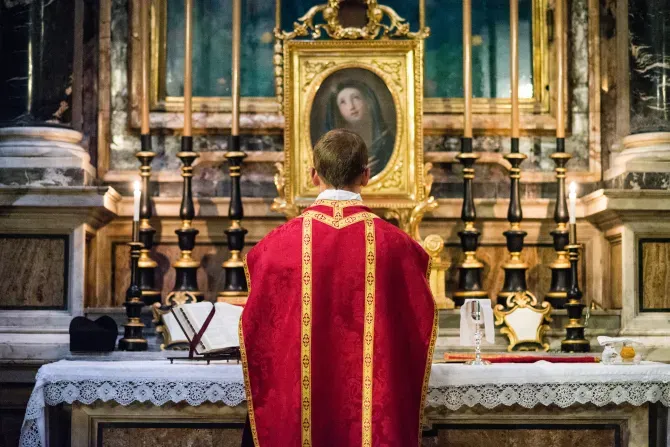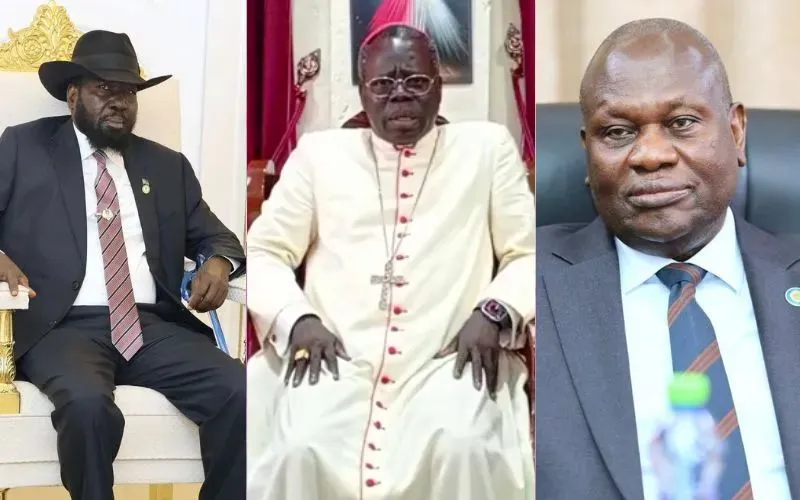Vatican, 21 February, 2023 / 1:17 pm (ACI Africa).
Some Catholics who attend the Traditional Latin Mass are awaiting the next steps from their bishops after the Vatican ordered the dioceses to get approval from the Holy See before they can authorize Latin Mass celebrations within parish churches.
After Pope Francis issued an apostolic letter on July 16, 2021, to restrict the Latin Mass, bishops from across the country enforced the mandate in a variety of ways. The letter, titled Traditionis custodes, directed bishops to designate one or more locations in which priests can celebrate the Traditional Latin Mass. However, the letter states those locations cannot be within an existing parish church and the bishop cannot erect a new “personal” parish for those celebrations.
In some dioceses that already had thriving Latin Mass communities within parish churches, bishops granted broad dispensations that allowed parishes to continue offering the Latin Mass as before. Many of these bishops invoked Canon 87 of the Code of Canon Law, which allows a bishop to dispense the faithful from certain disciplinary laws within his jurisdiction “whenever he judges that it contributes to their spiritual good.” In some cases, the dispensations were temporary; in other cases, they were meant to be permanent.
The dioceses that took this approach include the Diocese of Springfield, Illinois, the Diocese of Lake Charles, Louisiana, the Diocese of Knoxville, and the Diocese of Denver, among others.
Even though many bishops believed they had this authority, Canon 87 adds that a bishop cannot invoke this authority when dispensations are reserved to the Holy See. On Tuesday, Feb. 21, the Vatican issued a clarification to Traditionis custodes to halt this approach. Cardinal Arthur Roche issued a rescript, a form of official clarification in response to a question or request, on behalf of the Vatican, which states that any dispensation to use or erect a parish church for the celebration of the Traditional Latin Mass is “reserved in a special way to the Apostolic See,” which means bishops alone cannot dispense these parishes.








